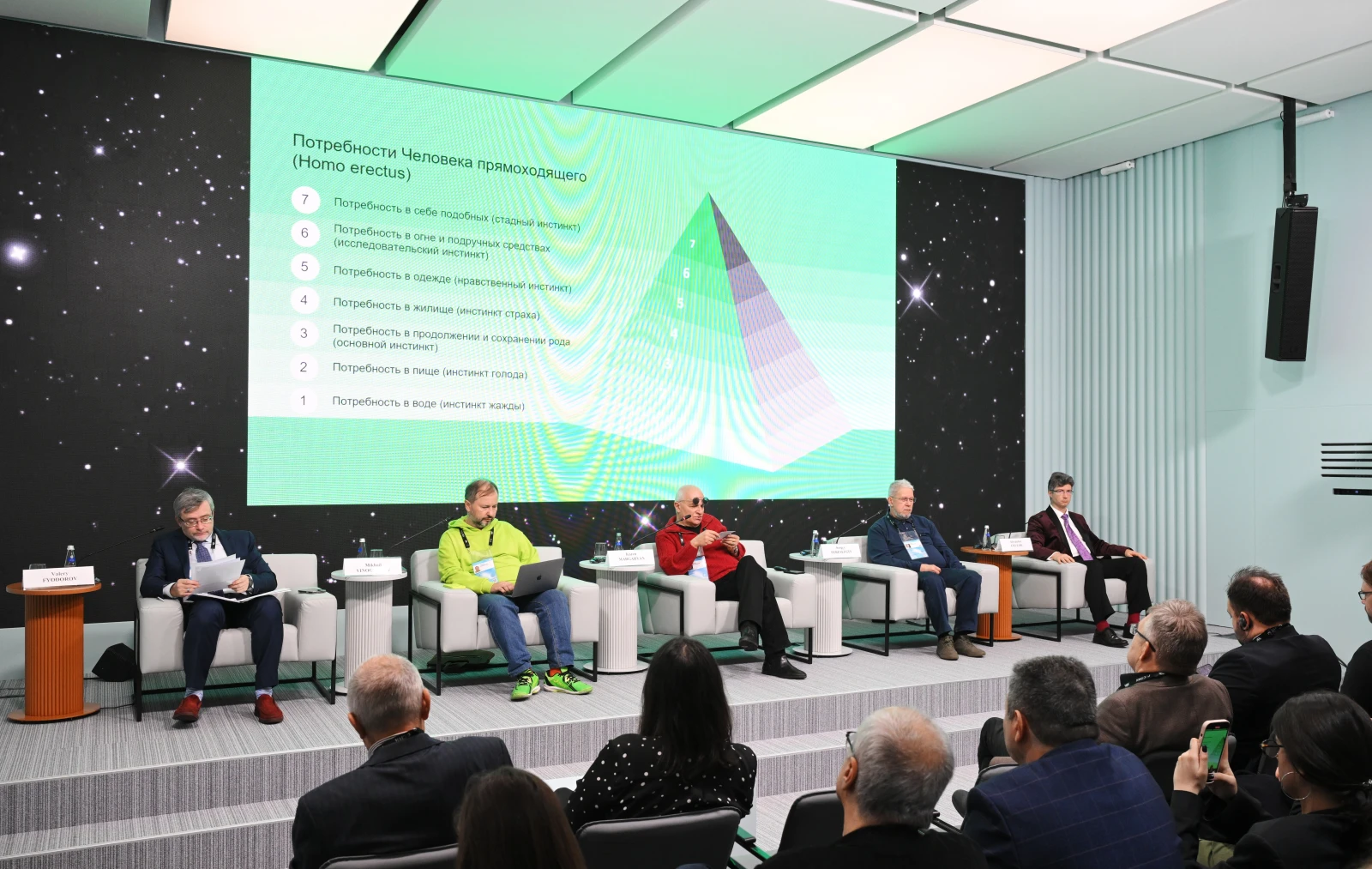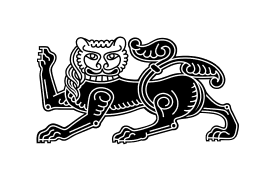Transition to a post-information society discussed at the International Symposium "Inventing the Future"

Participants in the roundtable "Post-Information Society. What Comes Next?" discussed the influence of artificial intelligence, social transformations resulting from global crises, and the concept of inclusive capitalism. The roundtable took place within the framework of the International Symposium "Inventing the Future" at the National Centre RUSSIA.
"Our task is not only to clarify the content of the concept of a post-information society but also to develop practical recommendations that will help states and the scientific community tackle the challenges arising in this new social order," noted Valery Fedorov, General Director of VCIOM and Editor-in-Chief of the journal "Monitoring of Public Opinion."
During the roundtable as part of the "Future of Civilizations" track, speakers presented their views and ideas on how new technologies and social practices can shape the future of society.
"In a post-information society, an adequate answer will be provided to the question of what consciousness is and why some possess it while others do not. It denies the uniqueness of truth; in it, information hunger is replaced by information overconsumption. Hence arises the demand for education — the ability to survive in a world poisoned by information. And children will learn to do this," emphasized Sergei Pereslegin, Scientific Supervisor of the "Sociosoft" project, Director of the Knowledge Management Centre at IRIAS, and a leading Russian expert in forecasting, researcher, and theorist of fiction.
Participants also addressed issues related to interaction with artificial intelligence, the necessity for international regulation of its activities, the formation of an expert community in working with information, as well as the political structure of future society and other topics.
According to Alexander Chulok, Director of the Centre for Scientific and Technological Forecasting at the NRU HSE, the face of the future will be shaped by a number of trends related to bacterial resistance to antibiotics, tourism, cyber security, the development of the agro-industrial complex, and other topics identified through big data analysis.
The discussion also included contributions from Neven Denadija, an expert from the Centre for Social and Political Research of Republika Srpska in Bosnia and Herzegovina; Karen Markaryan, Director of the Institute of Media, Advertising, and Cinema at the Russian-Armenian University in Armenia; Borut Mohar, producer and Creative Director of DD-Geopolitics in Slovenia; and Mikhail Zvinchuk, Head of the Analytical Centre "Rybar," and creator of the namesake Telegram channel.
The International Symposium "Inventing the Future" is being held from November 4 to 6. Participants include scientists, researchers, futurists, science fiction writers, and representatives from government bodies from 101 countries, including Russia, India, Italy, Iran, China, the UAE, Serbia, the USA, and France. The program features over 60 sessions across four tracks: the future of humanity, the future of technology, the future of a multipolar world, and the future of civilizations. The program and event broadcasts are available at the website future.russia.ru.
The International Symposium "Inventing the Future" is the first event of the National Centre RUSSIA, which was established on July 1, 2024, by the order of President of the Russian Federation Vladimir Putin. The Centre aims to preserve the legacy of the International RUSSIA EXPO and showcase the achievements of the country and its citizens. The work of the Centre involves federal authorities, state companies, corporations, and regions.
